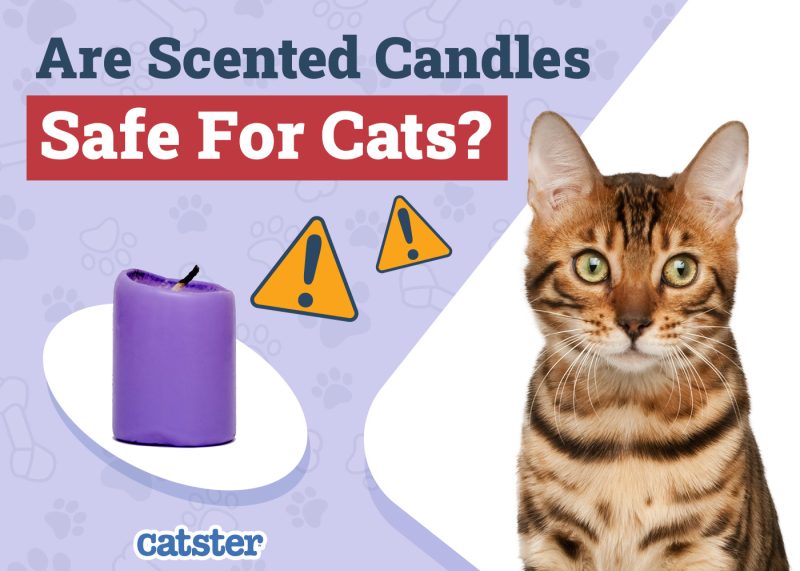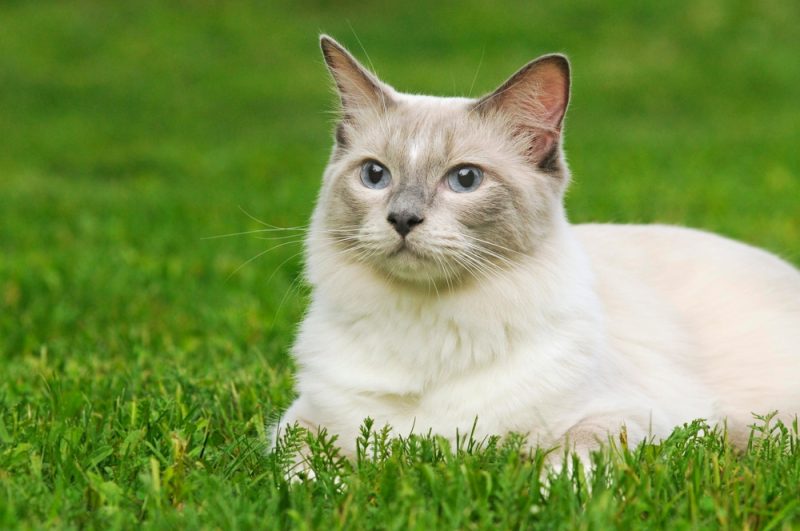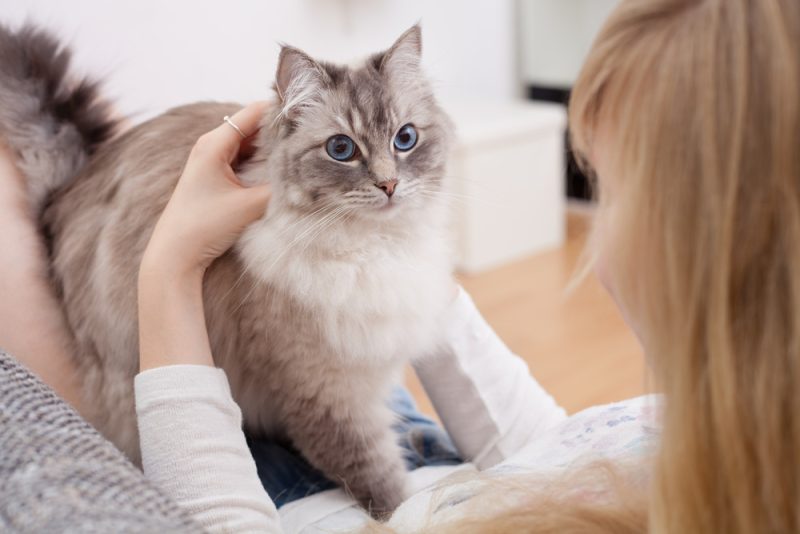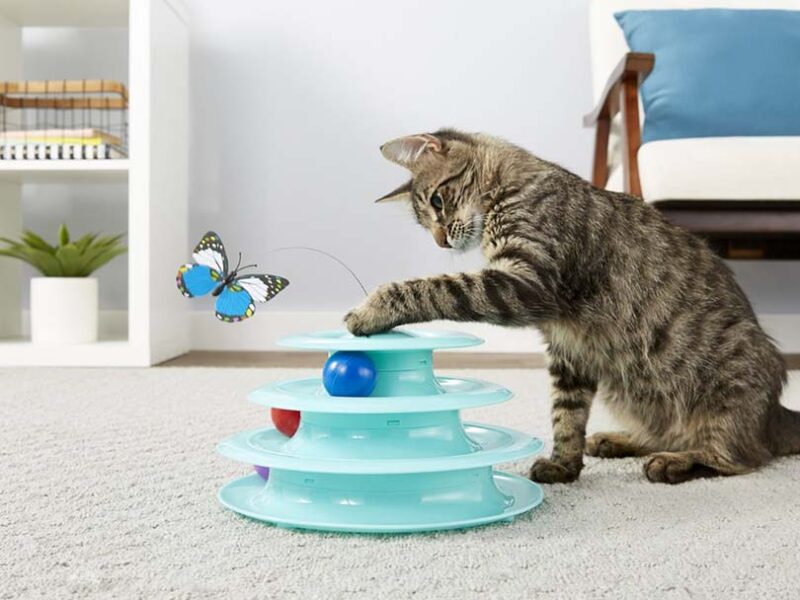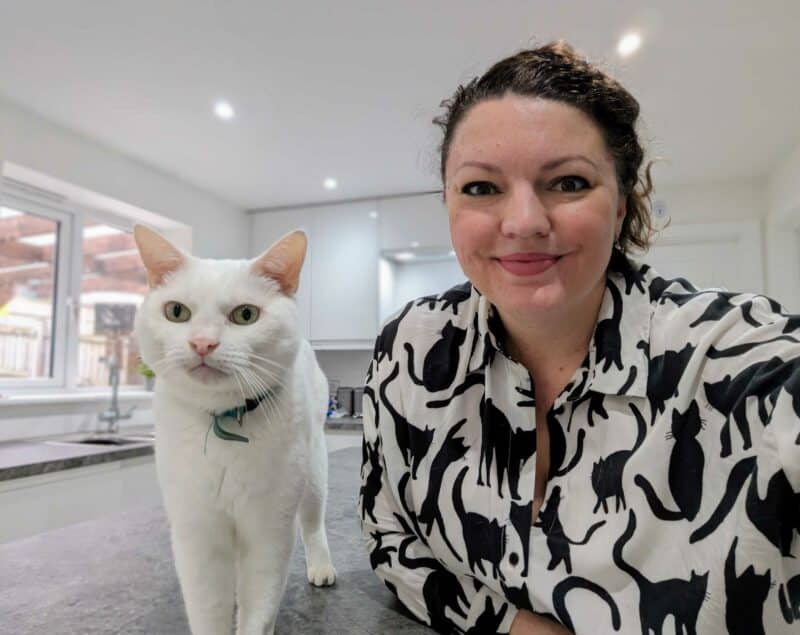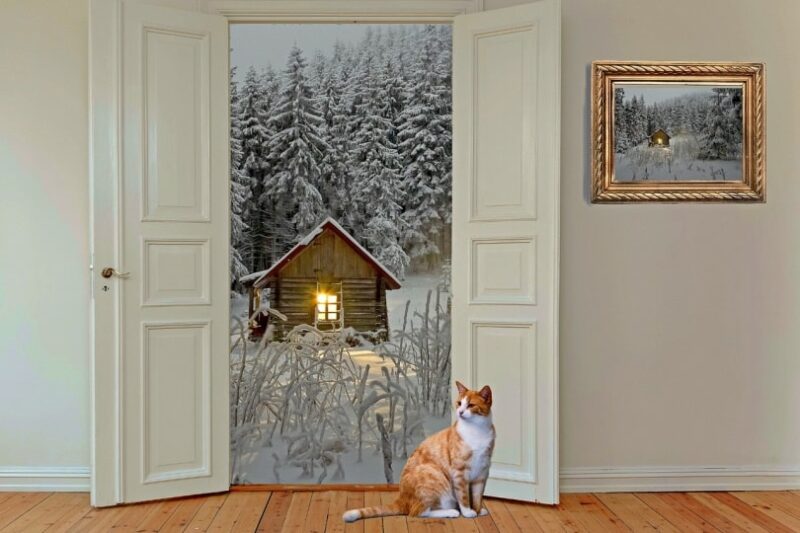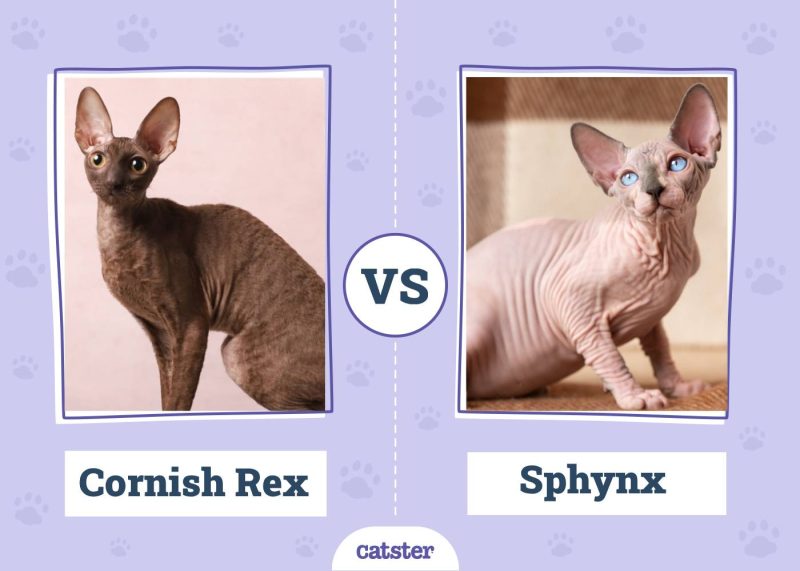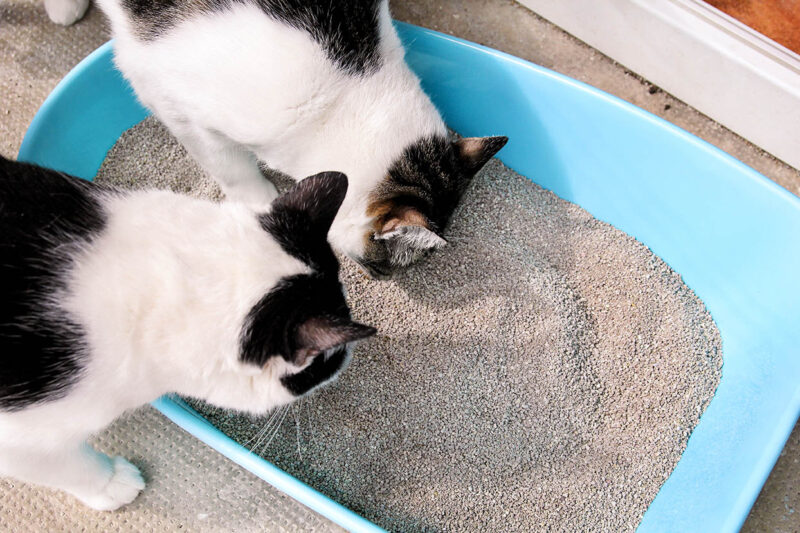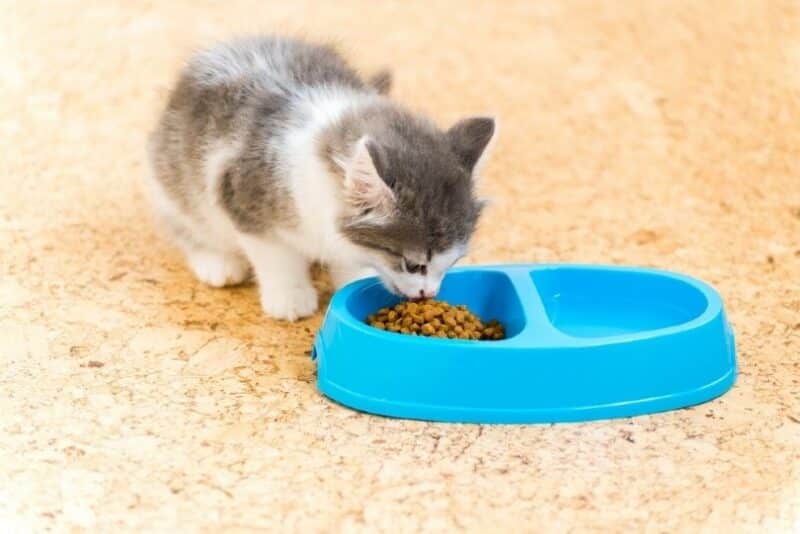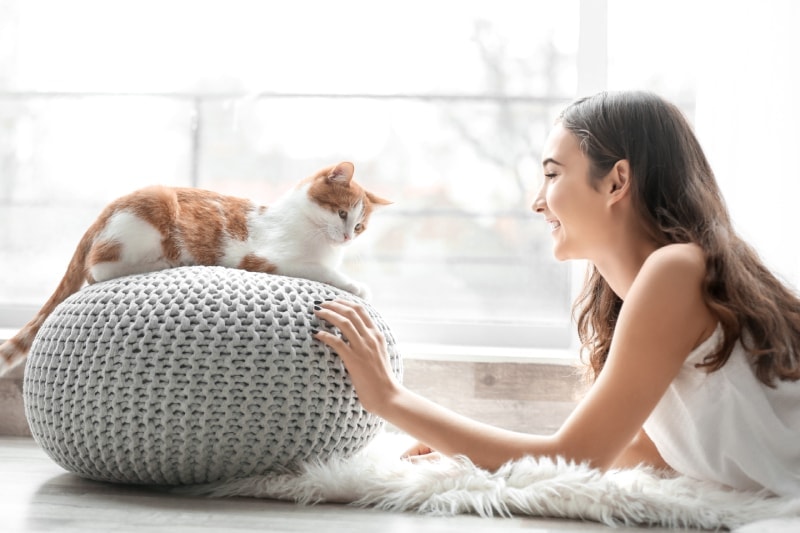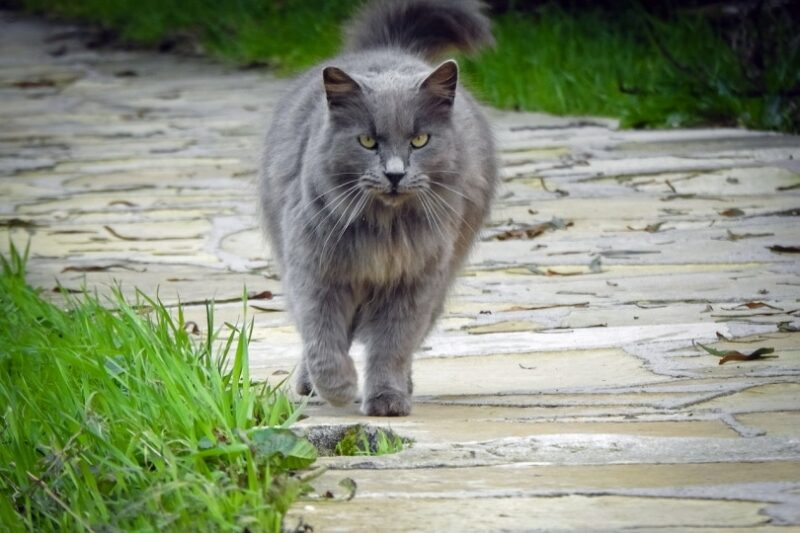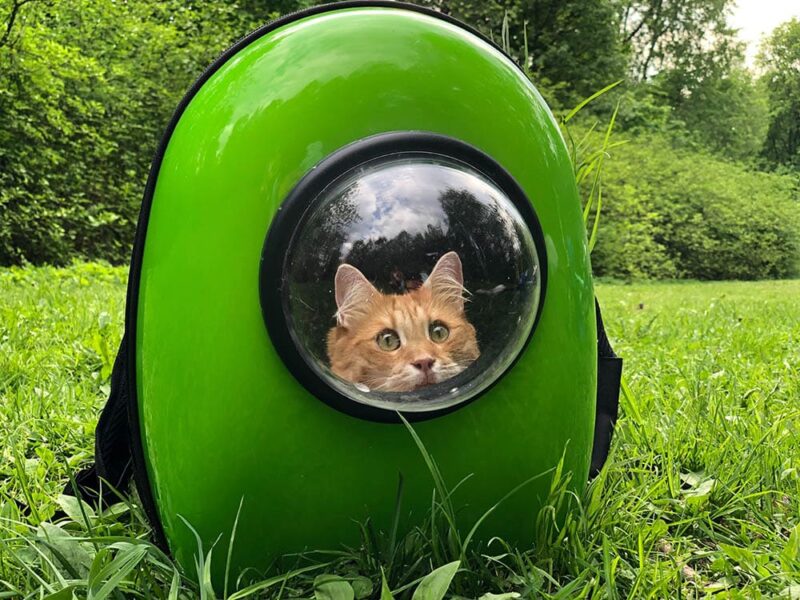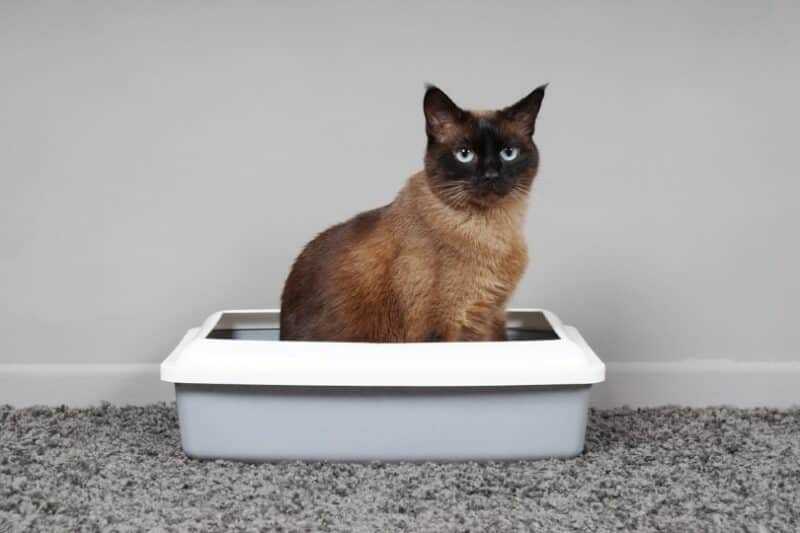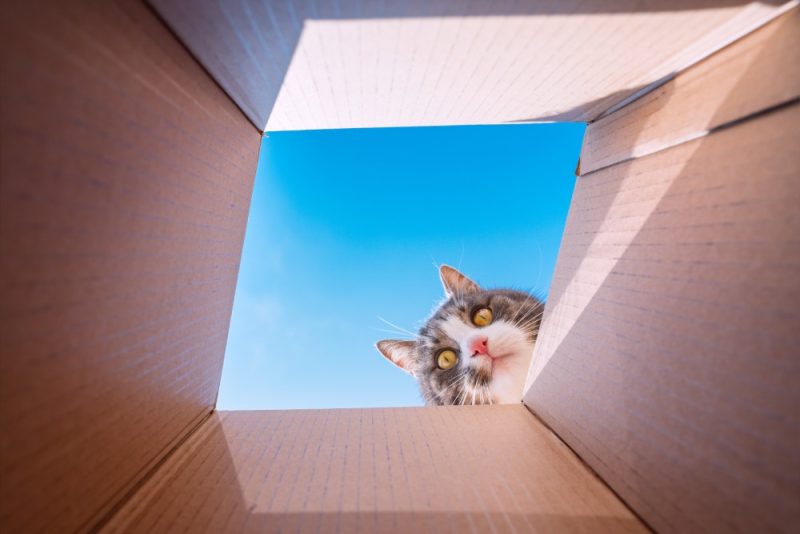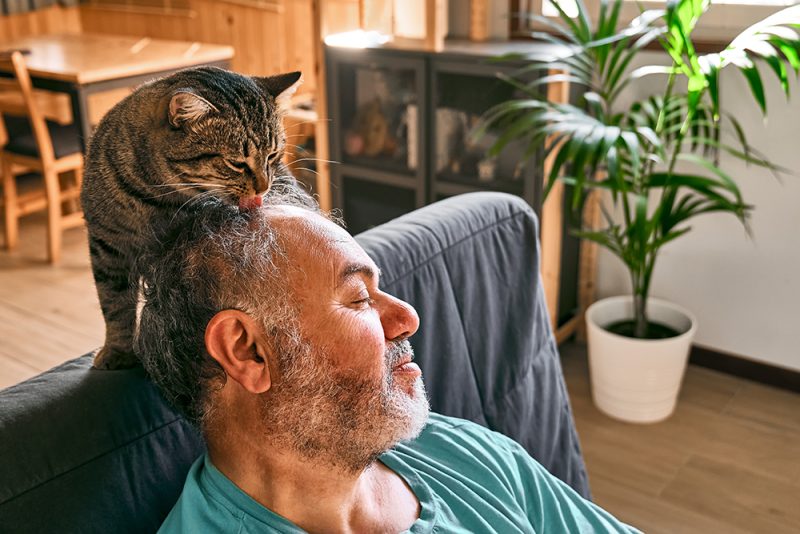Cats like to investigate everything, especially if movement catches their eye or they experience new sounds or smells. Sometimes, this curiosity can get them in trouble, and this can be the case with scented candles. Scented candles pose an obvious burning risk for cats if they get too close. It could cause the burning of hair, whiskers, or other parts of the cat, even if the candle was extinguished.
Some candles may also contain certain ingredients and substances that can be harmful to your cat. Besides the risk of burning accidents, scented candles could cause and exacerbate respiratory issues in your cat. Scented candles are especially harmful to cats that suffer from asthma.

Burning Danger
Probably the greatest danger of candles to cats is the danger of burning. Candle flames may only be small, but they are still hot enough to burn, and cat fur and whiskers are especially prone to suffering burn damage. Minor burns will cause pain, while more serious burns can cause your cat to go into shock and may lead to infection and serious dehydration.
If your cat does get burned, you should flush the burn with cool water for 20 minutes and then pat dry with a towel before applying aloe vera gel. If the burns are second-degree or worse, you will need to get immediate veterinary care. Apply a damp cloth and take your cat to the vet.
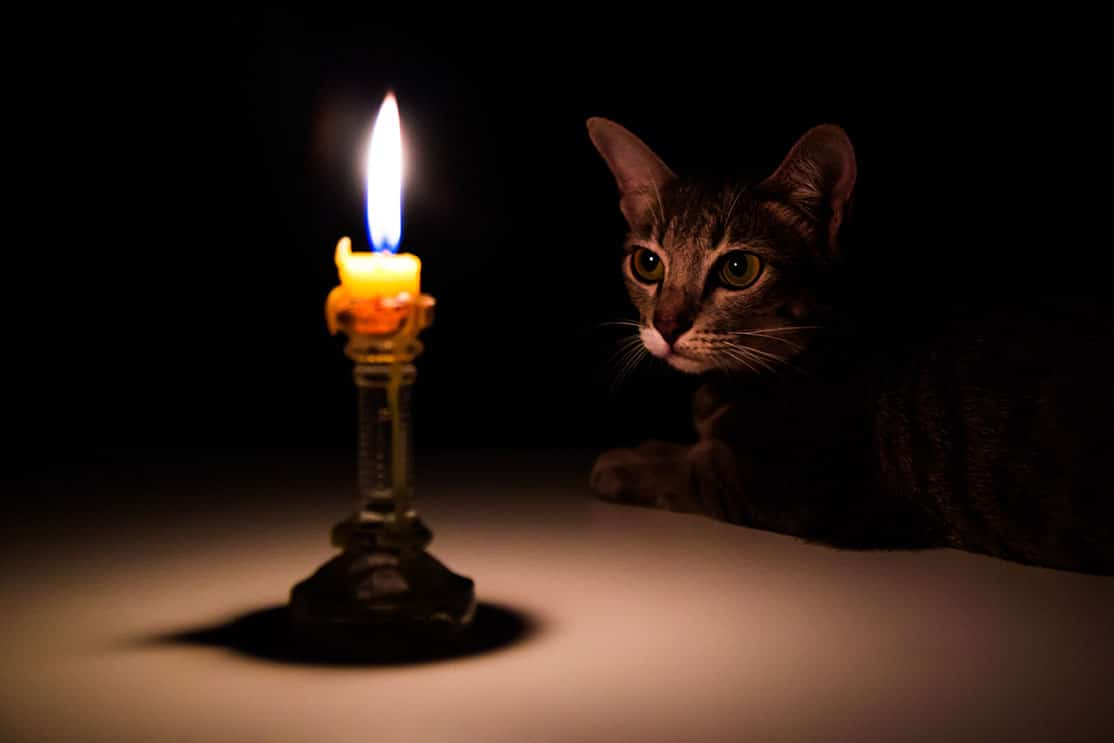
Chemicals and Oils
Scented candles typically contain a combination of surfactants and essential oils or fragrance chemicals, and some of these can be harmful to your cat if inhaled, ingested, or even by skin absorption. Even if your cat remains a reasonable distance from the candle, the smoke and chemicals could have adverse effects on its respiratory system.
This becomes worse if your cat stands over the candle while it is burning and giving off fumes, or if your cat licks the soft wax or eats the candles, it could cause problems.
Cat skin is especially sensitive to certain essential oils and ingredients, like citrus and other essential oils that are considered toxic to cats. Such ingredients can cause serious irritation and may result in rashes, and they may even cause serious damage to the skin. Wash the fur as soon as you see any damage and consult a vet to ensure that the damage is only short-term or will heal itself.
If you need to speak with a vet but can't get to one, head over to PangoVet. It's an online service where you can talk to a vet online and get the advice you need for your pet — all at an affordable price!

If your cat does get any of these chemicals on its skin, the natural reaction for your cat is to lick and try to clean it off. This means that it will also ingest the chemicals, and this can have even more serious consequences. This may require a visit to the vet and could end up with your cat having to have invasive treatment like a stomach pump or the use of activated charcoal.

How to Keep Your Cat Safe
We recommend avoiding its use altogether, but if you must use scented candles, there are some ways that you can help minimize the risk of causing damage or illness to your cat.
1. Cover the Candle
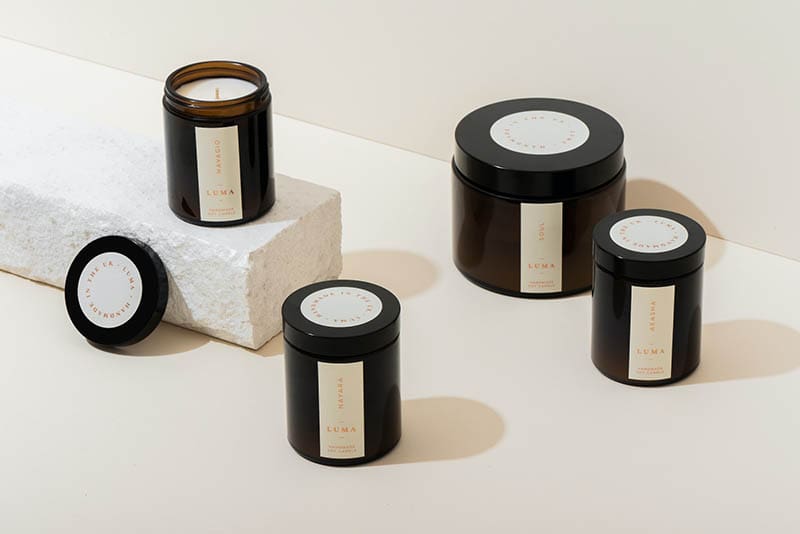
Put the candle in a high-walled candle holder. This should prevent your cat from burning itself, although curious cats may still try and reach in to touch the candle. A candle holder with a grilled door can help prevent accidental touching and create a barrier against curious paws.
2. Ventilate the Room
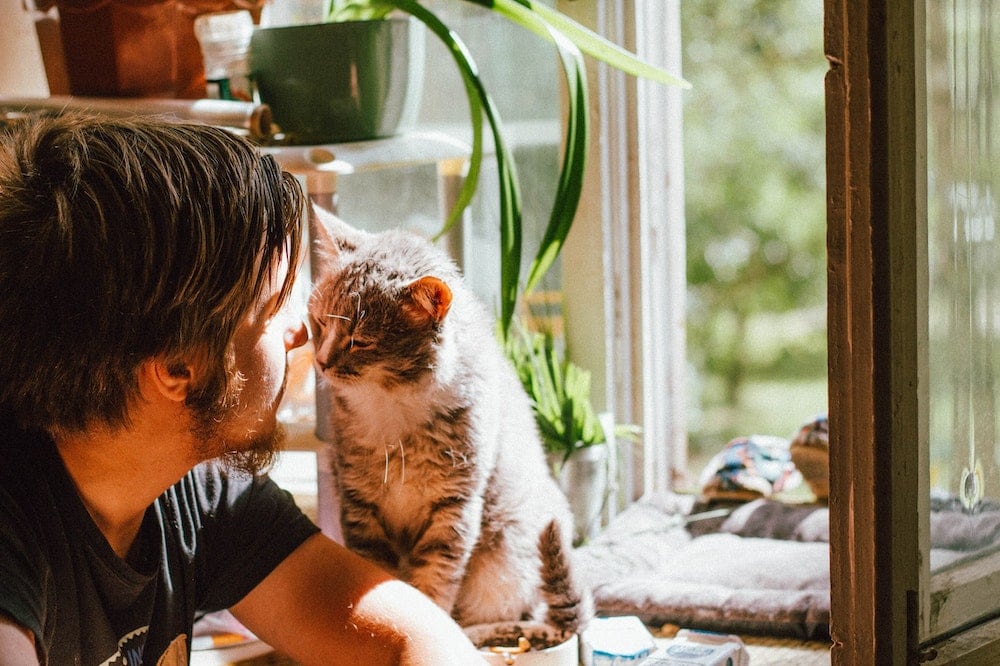
When burning the candle, ensure that the room in which it is burning is well-ventilated. Open a window and a door. This will ensure that the smoke and the fumes dissipate and are allowed to escape from the room rather than build up and be inhaled by your cat.
3. Don’t Leave Them Burning Too Long

Extinguish the candle when you leave the room because you won’t be able to watch your cat if you’re not there. And don’t leave it burning for hours on end, certainly not overnight.
4. Keep Your Cat Away
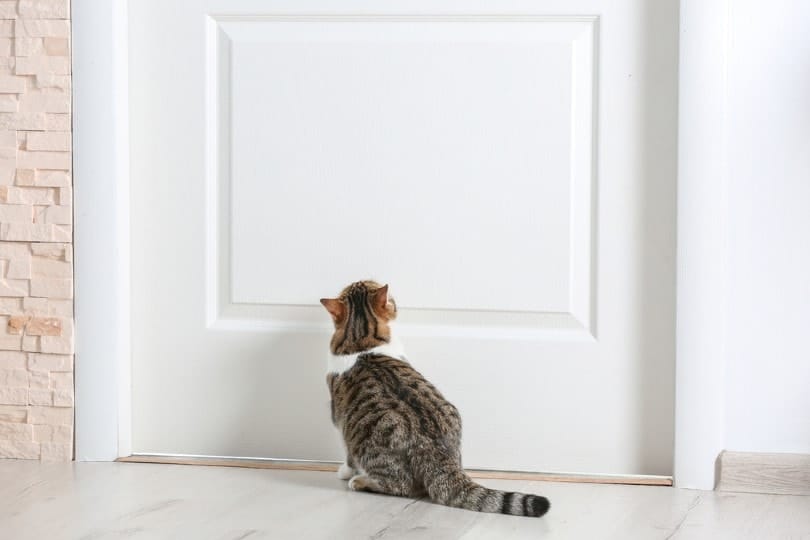
Burn the candles when your cat is out of the house or asleep on a different floor, and ensure that you keep an ear open so that you can move the candle when your cat returns. Alternatively, if you want to burn a candle while you’re in the bath or sitting in the conservatory, put your cat in a different room until you finish burning the candle.

Conclusion
Cats are sensitive to certain chemicals, essential oils, and other ingredients found in scented candles. Candles also pose a burning risk, especially for fur-covered cats that like to investigate everything.
If your cat does get burned, treat minor first-degree burns with water and aloe gel. If your cat has second-degree burns, cover the burn area with a damp cloth and get to a vet. If your cat ingests any of the wax and other ingredients, speak to your vet, and they will be able to advise whether you need to take them in or what other action to take.
Featured Image Credit: Daiga Ellaby, Unsplash
